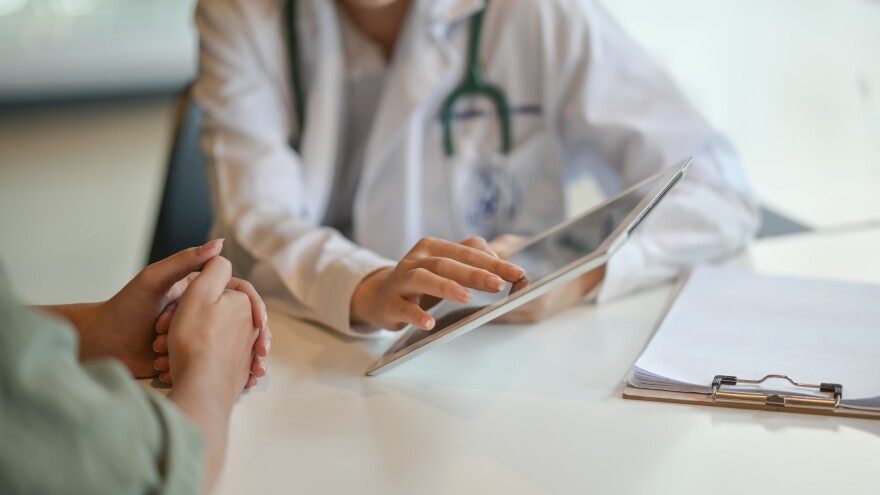People in the LGBTQ+ plus community are at an increased risk for negative health outcomes compared to the heterosexual population. There can be less access to primary and preventative care, previous bad experiences that impact seeking future care and a lack of understanding from doctors. There are also social and structural inequities like stigma and discrimination that LGBTQ+ populations face that impact health outcomes.
So what are some of the health care needs of the LGBTQ+ community and what changes are being made in the medical system to bridge the gap of care? Dr. Jessica Francis, a LGBTQ+ health specialist with Froedtert and the Medical College of Wisconsin practices at their Inclusion Clinic. She says an overwhelming number of LGBTQ+ people have had bad experiences when it comes to medical care and that makes them less likely to return to the health care system.
“So limited access to diagnoses, limited access to treatments of medical conditions that people may know that they already have and certainly less successful health outcomes, less access to primary and preventative care as well,” she explains.
Francis says the first step in addressing the issue is better medical education, especially centered around treating LGBTQ+ patients.
“If we are not comfortable addressing the gender and sexual health care needs of our patients, then they will never get what they need from the health care community,” she says. “So certainly, that’s an area where we have a lot of room for growth, is incorporating this into medical curriculum for all of our medical learners and then having that education be longitudinal, so that when our medical professionals reach practice they have a long history of education.”
Francis wants medical professionals to understand that it’s their job to create a safe space in order to have conversations around topics like sexual health. She says the patient should feel like the questions being asked are to achieve the best health outcome possible.
In her own practice, Francis says she offers patients the opportunity to come in for a first visit just to talk. This is so she can begin to build a relationship with the patient, especially those who need ongoing treatment. Francis says her experience in the pandemic has also taught her that patients don’t always need to visit in-person and it can be more comfortable for a patient to do certain care virtually.
“A lot of our patients in the LGBTQ+ population really need you for hormone management and maintenance and to have discussions, and none of those things require an exam the vast majority of the time,” she says.
Francis says going forward she will continue to use a combination of in-person and virtual visits as a way to deliver care in the best way for each individual patient.







